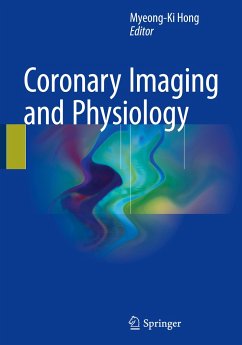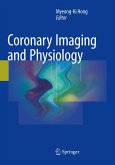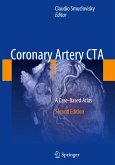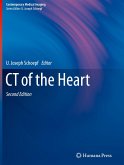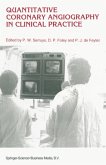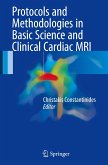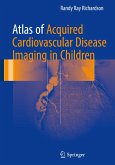This book is intended as a guide for all cardiologists who are interested in coronary imaging and physiology, a sound understanding of which is vital for the optimal performance of appropriate coronary interventions. The basics of each relevant modality are presented, with clear explanation of clinical utility and evaluation of the evidence regarding clinical outcomes. All technical methods are described in detail, and the text is complemented by numerous helpful tables and illustrations.
The effectiveness of intravascular coronary imaging in improving clinical outcomes is proven, and it is widely used for this purpose. Two modalities for intravascular coronary imaging are available in clinical practice: intravascular ultrasound (IVUS) and optical coherence tomography (OCT). For coronary physiology, the pressure wire-derived fractional flow reserve (FFR) provides information on the functional status of coronary trees. This technique and its clinical applications receive particular attention in the book, which also looks beyond FFR to FFR-CT, a method using computational fluid dynamics, and to invasive assessment of the microcirculation.
The effectiveness of intravascular coronary imaging in improving clinical outcomes is proven, and it is widely used for this purpose. Two modalities for intravascular coronary imaging are available in clinical practice: intravascular ultrasound (IVUS) and optical coherence tomography (OCT). For coronary physiology, the pressure wire-derived fractional flow reserve (FFR) provides information on the functional status of coronary trees. This technique and its clinical applications receive particular attention in the book, which also looks beyond FFR to FFR-CT, a method using computational fluid dynamics, and to invasive assessment of the microcirculation.

